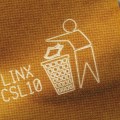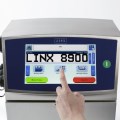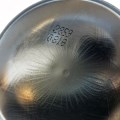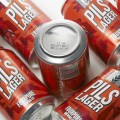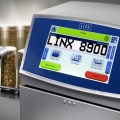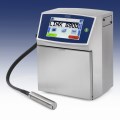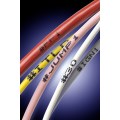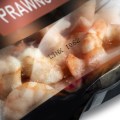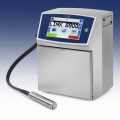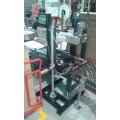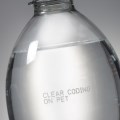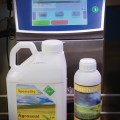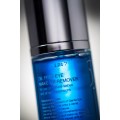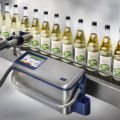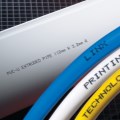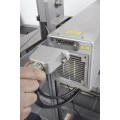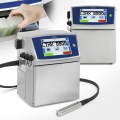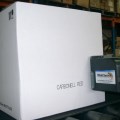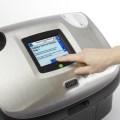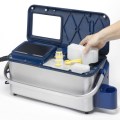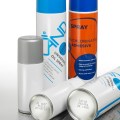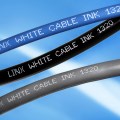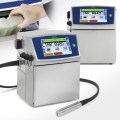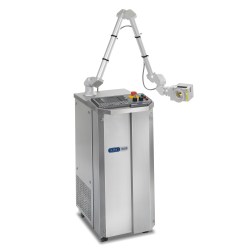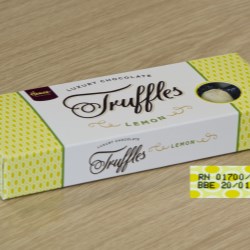If this is your company, CONTACT US to activate Packbase™ software to build your portal.
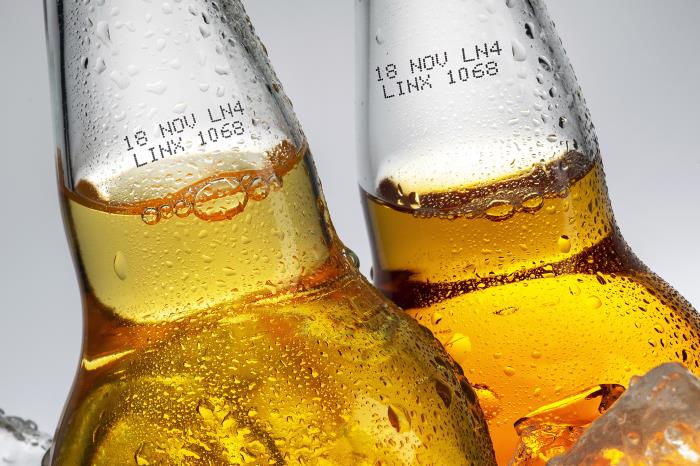

Coding and marking specialist Linx Printing Technologies has launched its new returnable Linx Black bottling ink 1068 to enable the reuse of glass bottles used in the drinks industry.
The ability to reuse glass bottles has significant environmental benefits. When glass bottles can be collected and reused, as already happens in the UK with milk bottles, far fewer bottles need to be manufactured. This saves significant amounts of energy and resources – over and above even the benefits of recycling.
Once the Linx Black bottling ink 1068 has been used for printing batch and date codes, the bottles are returned after use. The ink is then removed in the bottle-washing process, enabling new codes to be printed onto them ahead of reuse.
The demand for a solution that enables the widespread reuse of glass drinks bottles is emphatically underlined by Linx’s recent consumer research. The survey found that 89% of those questioned were concerned about the impact of soft drink packaging on the environment – and that 91% would welcome a scheme to enable the reuse of glass drinks bottles. This strongly underlines the need for a coding ink that will enable such a scheme.
The quality of Linx Black bottling ink 1068 is shown by its ability to print clearly onto glass in cold-fill bottling and in humid environments. The ink has also been designed to cope with the challenges of providing clear, legible codes for bottled drinks – for example, by resisting removal when subjected to pasteurisation, immersed in ice water, stored in a warehouse for long periods, or refrigerated. This reduces the likelihood of drinks companies facing product recalls.
There is no compromise on the quality of the code – the ink delivers high-quality, durable coding so that customers can meet the regulations and protect their brands.
John Tierney, Marketing Director at Linx, comments: “Consumers are looking for solutions that minimise the impact of drinks packaging on the environment. The opportunity exists for brands to introduce effective solutions for the reuse of bottles – and by ensuring the latest coding inks can be removed as part of the process, we are helping to enable the creation of these schemes.”
As well as launching the new ink, Linx has upgraded its 8900 series of Continuous Ink Jet (CIJ) printers with new software that is opening it up to more applications and delivering new competitive advantages for beverage customers.
These enhancements mean the Linx 8900 series is now capable of producing faster print speeds – by as much as 33% for one-line, seven drop-high print, now up to 440 metres per minute – to enable higher production output in high-speed bottling applications.
A further benefit of the upgrades is the series’ new ‘prompted dates’ feature, which facilitates faster, mistake-proof message changes. When a message is selected or updated, the operator simply chooses from a pre-defined range of dates that are suitable for the product being coded. This means there is no need to edit dates manually, making editing quick and easy, and is especially beneficial where date accuracy is critical.
In addition, the upgraded 8900 series’ new field insert option ensures faster message input with fewer mistakes. When part of a message is inserted, edited or deleted, the remaining parts of the message move intelligently to best present the code.
“The combination of our latest ink technology with innovations in printing with the 8900 makes Linx the perfect partner for beverage customers,” concludes John Tierney. “We’re delighted to be announcing these developments, which underline how we aim to create new products and evolve our existing ones to remain the best answer to every company’s coding needs.”




